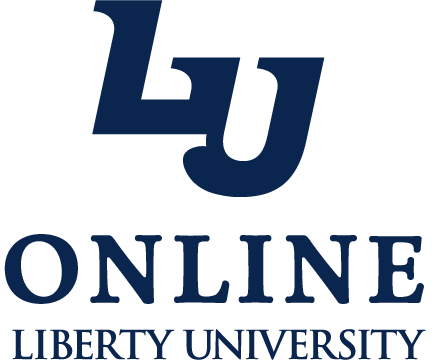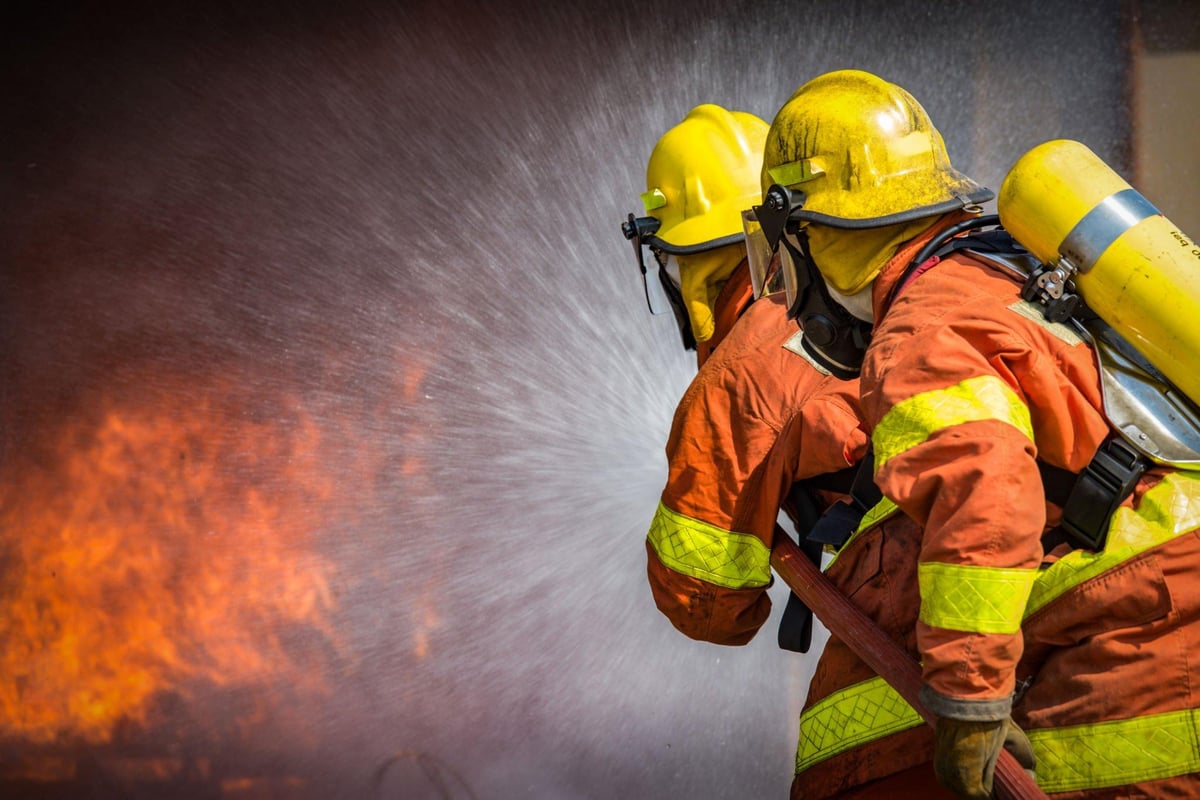Fire Science classes near me in Grand Rapids
In the Grand Rapids metro area, the average cost of a class is $9500 and the average class length is approximately 41 weeks long
Trade and industry classes near
Grand Rapids, MI 49503Online classes
Financial aid
Certificate
Short classes

Liberty University Online
BS: Civil Engineering
- Online, completion in as little as 42 months.
- Option to transfer credits for up to 75% of the entire degree.

Liberty University Online
BS: Aviation Management
- Online, completion in as little as 42 months.
- Option to transfer credits for up to 75% of the entire degree.

Waldorf University
AA Occupational Safety & Health
- Online, estimated completion in 2 years for full-time students
- Covers industrial hygiene, occupational safety, and more
Fire Science classes near me in Grand Rapids
Fire science is a field that combines the study of firefighting techniques, fire behavior, and fire prevention. If you're interested in pursuing a career in fire science, finding the right training program is essential. In this blog post, we will explore what fire science is, the training requirements, what to look for in a class, what to expect from day-to-day classes, the certification process, how to find related jobs, and other classes you can take after becoming a fire science professional.

Introduction
Fire science is a multidisciplinary field that encompasses various aspects of fire safety and prevention. It involves studying the science behind fires, understanding fire behavior, and learning the techniques and strategies used to combat fires. Firefighters play a crucial role in protecting lives and property during emergencies, and a solid education in fire science is essential for anyone considering a career in this field.
What is Fire Science?
Fire science is the study of fire behavior, prevention, and control. It involves understanding the chemical reactions that occur during a fire, as well as the different types of fires and their behaviors. Fire science professionals learn how to assess fire risks, develop fire safety plans, and implement fire prevention strategies. They also gain the skills necessary to respond to emergencies, including extinguishing fires, rescuing individuals, and providing medical assistance.
Training Requirements
To become a fire science professional, you will need to complete a training program that covers the essential knowledge and skills required for the job. The specific requirements may vary depending on the state and the level of certification you are seeking. However, most fire science programs include the following components:
- Fire behavior and chemistry
- Fire prevention and safety
- Firefighting techniques and strategies
- Emergency medical services
- Hazardous materials handling
- Building codes and inspections
- Incident command systems
- Physical fitness and conditioning
What to Look for in a Class
When choosing a fire science class, it's important to find a program that meets your needs and goals. Here are some factors to consider:
- Accreditation: Look for a program that is accredited by a recognized accrediting body. This ensures that the program meets certain standards of quality and rigor.
- Curriculum: Review the curriculum to ensure that it covers the essential topics and skills required for a career in fire science.
- Instructors: Consider the qualifications and experience of the instructors. Look for instructors who have practical experience in the field and can provide real-world insights.
- Facilities and Equipment: Check out the training facilities and equipment available. Hands-on training is essential in fire science, so ensure that the program provides ample opportunities for practical learning.
- Internship Opportunities: Some programs offer internship or cooperative education opportunities, which can provide valuable hands-on experience and networking opportunities.
- Flexibility: Consider the scheduling options and flexibility of the program. If you are working or have other commitments, you may need a program that offers evening or weekend classes.
What to Expect from Day-to-Day Classes
Fire science classes typically combine classroom instruction with hands-on training. Here's what you can expect from day-to-day classes:
- Classroom Instruction: You will attend lectures and discussions to learn the theoretical aspects of fire science, including fire behavior, prevention strategies, and firefighting techniques.
- Practical Training: You will participate in hands-on training exercises to develop the skills necessary for firefighting, such as operating fire extinguishers, handling equipment, and performing rescue operations.
- Physical Fitness Training: Firefighters need to be physically fit to perform their duties effectively. Expect to engage in physical fitness training to improve strength, endurance, and overall fitness.
- Teamwork and Collaboration: Firefighting is a team effort, and you will learn how to work effectively as part of a team. You will participate in group exercises and simulations to develop teamwork and collaboration skills.
- Assessments and Examinations: You will be assessed through quizzes, exams, and practical assessments to evaluate your understanding of the material and your ability to apply the skills learned.
Certification Process
After completing a fire science training program, you will need to obtain certification to work as a firefighter or in a related field. The certification process varies depending on the state and the level of certification you are seeking. However, it generally involves the following steps:
- Written Examination: You will need to pass a written examination that tests your knowledge of fire science principles, firefighting techniques, and related topics.
- Physical Fitness Test: Many certification programs require candidates to pass a physical fitness test to ensure they meet the physical requirements of the job.
- Skills Assessment: You may be required to demonstrate practical skills, such as operating fire equipment, performing rescue operations, and conducting fire safety inspections.
- Background Check: A background check is typically conducted to ensure that candidates have a clean criminal record and meet other eligibility requirements.
- Medical Evaluation: Firefighters need to be in good health to perform their duties. You may need to undergo a medical evaluation to ensure you are physically able to handle the demands of the job.
How to Find Related Jobs
Once you have completed your fire science training and obtained certification, you can start looking for job opportunities in the field. Here are some tips for finding related jobs:
- Networking: Build connections with professionals in the field by attending industry events, joining professional organizations, and reaching out to local fire departments.
- Job Boards: Check out job boards and online platforms that specialize in firefighter and fire science job postings.
- Government Agencies: Many fire science professionals work for government agencies, such as fire departments or emergency management departments. Check their websites for job openings.
- Volunteer Fire Departments: Consider gaining experience by volunteering at a local fire department. This can help you build your skills and make valuable connections in the field.
Other Classes to Consider
Fire science is a diverse field with many specialization options. Once you have established a solid foundation in fire science, you may want to consider taking additional classes to expand your knowledge and skills. Here are some classes you can consider:
- Emergency Medical Technician (EMT): EMT training can be valuable for firefighters, as they often provide medical assistance during emergencies.
- Hazardous Materials Handling: This class focuses on the safe handling and disposal of hazardous materials, an essential skill for firefighters.
- Incident Command Systems: This class covers the management of emergency incidents and the coordination of response efforts.
- Fire Investigation: Fire investigators determine the cause of fires and gather evidence for legal and insurance purposes. Taking a fire investigation class can open up additional career opportunities.
Final Thoughts
If you're interested in pursuing a career in fire science, finding the right training program is crucial. Fire science classes provide the knowledge, skills, and certification necessary to work as a firefighter or in a related field. Dreambound, the largest platform for students to find vocational training programs, can help you find the perfect fire science class in Grand Rapids. Visit Dreambound to explore your options and start your journey towards a rewarding career in fire science.
With Dreambound's comprehensive collection, understand the certification process in this field for different cities. Looking for info on other states? Our additional guides are here to help.
- How to Become a Firefighter in Arizona
- How to Become a Firefighter in Iowa
- How to Become a Firefighter in Mississippi
- How to Become a Firefighter in New Jersey
- How to Become a Firefighter in West Virginia
Exploring a variety of professional opportunities? Dreambound has many extensive guides to help you make informed decisions. Check out these guides:
FAQ
What is Dreambound?
Dreambound is the largest platform for students to find career & technical training programs. While we can't guarantee a career outcome, our mission is to provide all the information you need to find the perfect program for you.
What programs do you offer?
Dreambound has over 70 programs across healthcare, technology, business, and industrial trades. This includes programs such as Medical Billing, Cybersecurity, and welding.
Do you offer financial aid?
Some of our schools offer financial aid for those who qualify. Many others offer payment plans, where you can pay the cost of class over time.
Is it possible to do online classes?
Yes, Dreambound offers many online programs. On Dreambound's search, you can filter by online, in-person, and hybrid (part online, part in-person).
